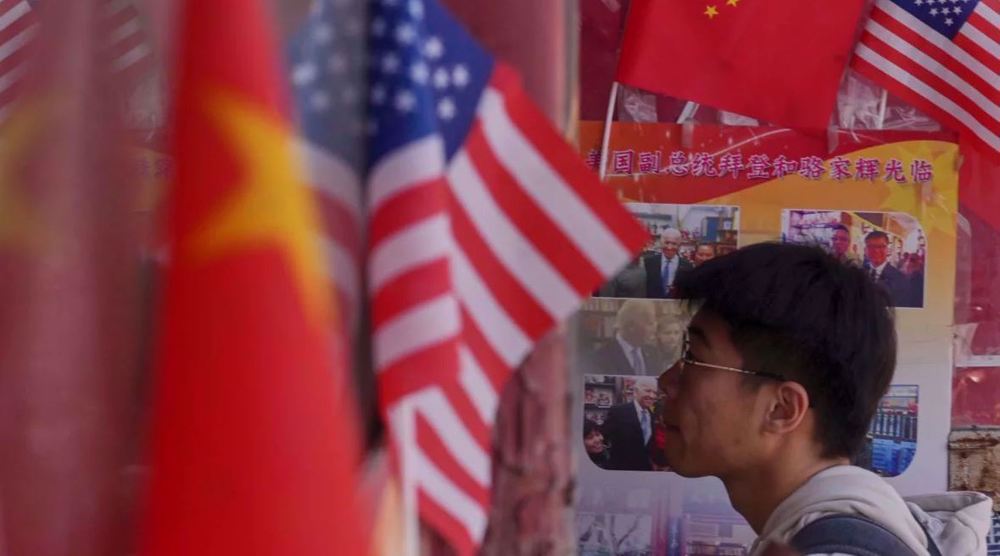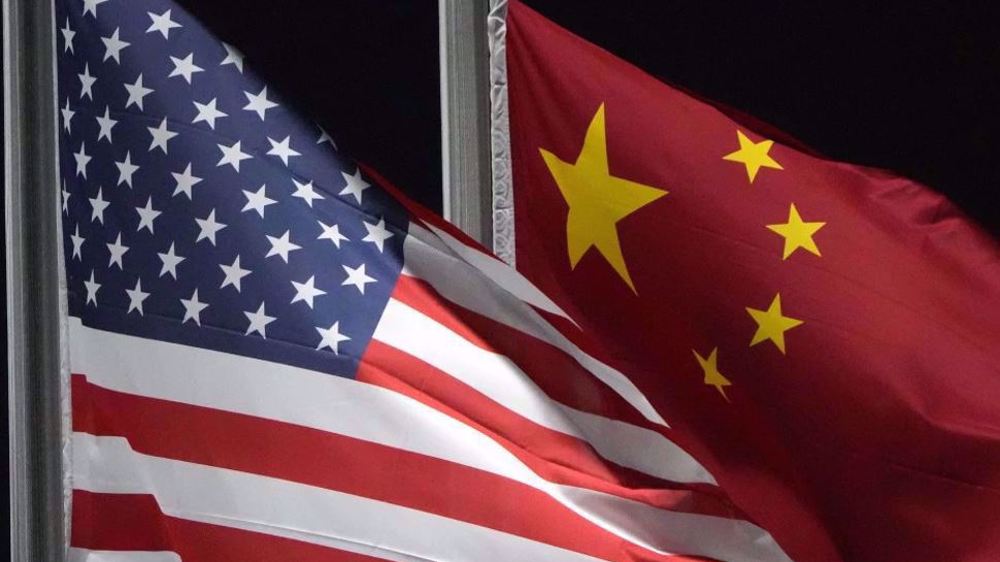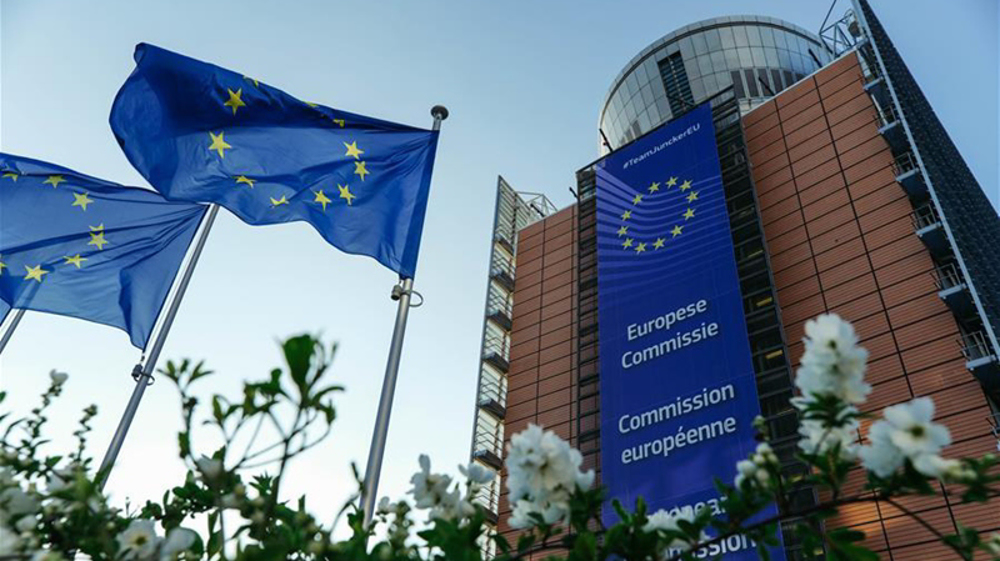EU states summon China envoys over retaliatory sanctions
European Union (EU) member states have summoned Chinese ambassadors to express their anger at the retaliatory sanctions Beijing slapped on their nationals and entities for spreading disinformation about China, as a diplomatic spat escalates between Beijing and the West.
France, Germany, Belgium, Denmark, and other EU nations called in Chinese ambassadors on Tuesday.
Belgian legislator Samuel Cogolati and French Member of the European Parliament Raphael Glucksmann were among the 10 individuals singled out for sanctions.
China’s punitive measures came immediately after the West imposed sanctions on Beijing over allegations of human rights violations in the western state of Xinjiang.
France summoned China’s Ambassador Lu Shaye on Tuesday, Reuters reported.
During a meeting with the French Foreign Ministry’s Asia director, Bertrand Lortholary, Lu was told of Paris’ disapproval of Beijing’s decision to impose retaliatory sanctions on European nationals.
Last week, the Chinese Embassy in France warned against French legislators meeting officials in Taiwan during an upcoming visit to the self-ruled island.

The move drew a rebuff from France and sparked a Twitter spat with Antoine Bondaz, a China expert at the Paris-based Foundation for Strategic Research.
The embassy described Bondaz on Sunday as a “small-time thug” and “mad hyena.”
“It continues to be unacceptable and has crossed limits for a foreign embassy,” Lortholary said, adding that Ambassador Lu’s behavior was creating an obstacle to improving relations between China and France.
Germany also called in China’s Ambassador Wu Ken “for urgent talks with state secretary Miguel Berger,” according to the German Foreign Ministry.
Berger “made clear the German government’s view that China’s sanctions against European MPs, scientists, and political institutions as well as non-governmental organizations represent an inappropriate escalation that unnecessarily strains ties between the EU and China,” it added.
Denmark summoned China’s ambassador as well, the country’s Foreign Ministry said.
The Chinese envoy met officials at the Danish Foreign Ministry and was informed of Denmark’s displeasure with the sanctions, the ministry said.
The diplomatic spat with China erupted on Monday when the EU, Britain, and Canada blacklisted four former and current officials in China’s Xinjiang region.
The US also extended formerly imposed sanctions on those Chinese officials.
In response, China summoned the EU and British ambassadors to file solemn representations.
Beijing also protested to the United States and Canada, according to Chinese Foreign Ministry spokesperson Hua Chunying.
Hua said the sanctions were based on nothing but lies and false information disguised as human rights concerns.
“Such politicians are unwilling to see China’s success and development, so they interfere in China’s internal affairs under the pretext of human rights and use various excuses to contain China’s development,” Hua said.
Beijing has rejected the Western allegations of human rights violations against the ethnic Muslim minority group in far-western Xinjiang, and said the United States and its allies make the false accusations for political purposes.
China has also repeatedly warned against interference in its domestic affairs.
UNHRC slams West’s unilateral sanctions
In a related development, the United Nations Human Rights Council (HRC) called on the West “to stop adopting, maintaining, or implementing unilateral coercive measures… in particular those of a coercive nature with extraterritorial effects.”
A resolution on the issue was approved by a majority of votes on Tuesday.
A total of 30 countries, including Russia and China, supported the document, while 15 nations, among them EU members, Britain, and Ukraine, voted against the resolution.

Trump’s tariffs spark fears of price hikes, product shortages in US: Report

No talks on tariffs between China, US: Chinese Foreign Ministry

China deploys naval group in warning to US, Philippines over drills
Sexual exploitation weaponized by Zionist assets to demonize Britain's Muslim community
ICC bars chief judge from disclosing Israeli arrest warrants: Report
Parl. speaker: Iran won’t be swayed by Israel’s ‘delusional’ rhetoric
Extremist Israeli minister orders closure of al-Quds Fund and Endowment office
British firm supplying engines for Israel's killer drones: Report
VIDEO | Muscat negotiations, Yemen missiles
Canada should ‘never forget’ US betrayal; old relations ‘over’: New PM
Hamas welcomes ICJ hearings on Israel’s humanitarian obligations towards Palestinians









 This makes it easy to access the Press TV website
This makes it easy to access the Press TV website